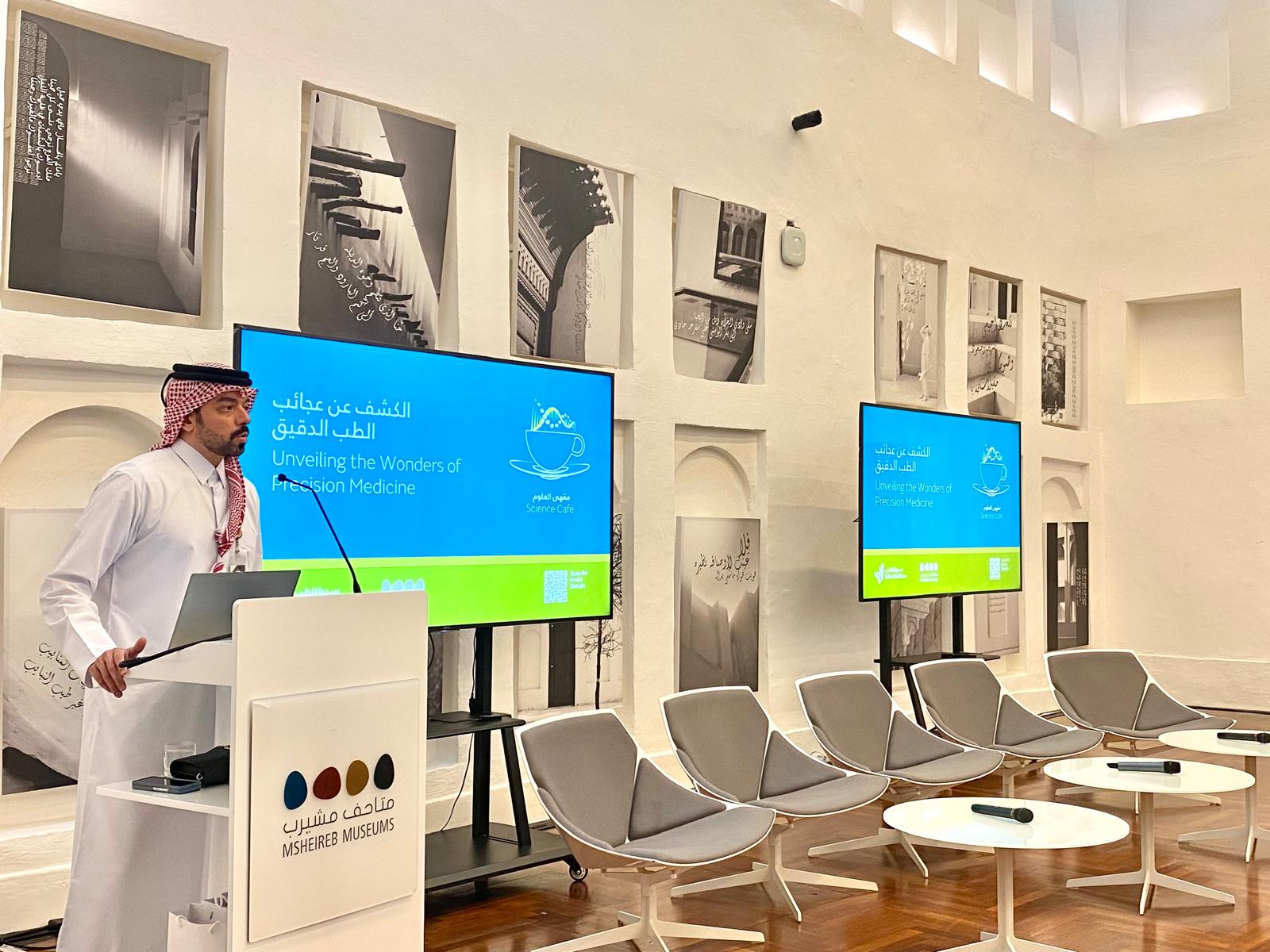By Menatalla Ibrahim
With universities across Qatar Foundation continuing to teach students online due to COVID-19 restrictions, questions have been raised about whether tuition fees should be reduced.
Education City’s most prestigious universities are due to kick off a fresh, new academic year for thousands of students next week, but only through a laptop screen.
Due to the high risks of COVID-19 transmission, all universities in Qatar Foundation (QF) are continuing to hold some, or all, of their classes online, in addition to canceling all physical events and sponsored school trips.
While the decision is understandable given the current circumstances, many students have started to question why tuition fees have yet to be slashed or even decreased given the lack of person-to-person mentoring and access to facilities.
Students that spoke to Doha News said they believe universities should decrease their tuition for the upcoming academic year, noting virtual learning hinders the quality of education being provided, and is simply not worth the price they are paying.
Mayassa Gaddas, a Northwestern University in Qatar (NU-Q) communication senior, told Doha News that the nature of her major requires hand-on experience and physical workshops. Due to lack of access to these resources, lectures held online via Zoom should not cost that much, she complained.
Read also: All you need to know: Qatar amends back-to-school plans amid COVID-19 concerns
“NU-Q is already insanely expensive. The fact that we’re still paying the same amount but we don’t have access to any facilities anymore, like editing suits and computer labs, and not even being physically present in university, is just unfair,” says Gaddas.
“I understand that this [pandemic] is something NU-Q can’t control, but what they can control is the amount of money their students should pay.”
Qatar Foundation is a non-profit organisation that incorporates seven prestigious international universities, including Northwestern University, Texas A&M University, Virginia Commonwealth University, Georgetown University, Weill Cornell Medicine, Carnegie Mellon and HEC Paris. Given the quality of education each university provides, as well as the institution’s global reputations, the tuition fees range between $35,000-$57,000.
“It makes sense that given the quality is lower, the tuition should also be lowered accordingly.”
Some students are therefore forced to seek loans from the institutions, many of which are granted depending on individual financial circumstances. Nadège Bizimungu, a journalism junior at NU-Q, took a risk when she decided to move from her home country Rwanda to attend the university’s journalism programme.
“I was promised the best experience through journalism residency [a university-sponsored internship program]. I looked forward to the experiences I was gonna receive here that I won’t be able to receive back home,” she said.
Though Bizimungu believed she would be getting her money’s worth at the time, she was soon left disappointed to find herself learning through a laptop screen despite spending big bucks.
“Universities should at least reduce our tuition so we can pay for what we’re getting because this is not the learning experience we were promised,” she told Doha News. “A lot of us have so many loans that we need to pay back once we graduate, so we need to make sure the education we’re getting is a reflection of that. Currently, this is not the case.”
While no such statistics exist in Qatar, students surveyed around the world seemed to hold a consensus. In the United States alone, a survey of 13,606 college students by OneClass revealed more than 93% of participants agreed with lowering the price of tuition while classes are being held fully online.
Meanwhile, more than 85 universities around the world have already adjusted tuition fees for the upcoming academic year. In Turkey and the United Arab Emirates, universities have reduced tuition fees to help ease the burden on parents and students paying for their education despite suffering through the damaging economic impact of COVID-19.
Read also: “Lasting change is inevitable” — how COVID-19 has affected Qatar’s creative industries
Responding to widespread concerns, NU-Q said its hands were tied due to wider financial issues and extreme budget cuts, but assured it would continue to provide quality education across the board.
“The vast majority of our funding comes from the Qatar Foundation, which has seen a reduction in its funding due to the pandemic,” Nanci Martin Director of Communications and Public Affairs at NU-Q told Doha News. “The fundamental experience of any university is its curriculum — the majors and courses. This experience will continue to be delivered with high quality and care and with an emphasis on providing a rich and meaningful learning experience — just remotely.”
Qatar Foundation refused to disclose any information regarding the financial loss due to the pandemic.
A gradual return
As Qatar follows countries worldwide in lifting restrictions, other universities in QF are allowing the gradual return of students to their premises, especially those requiring physical practice. In line with guidelines by health authorities, students must maintain social distancing, classroom and studio hygiene while also wearing masks.
“From August 31, over the first few days of September, VCUarts Qatar will host a series of “pick-up” events staggered over several days to allow for social distancing. Students will briefly visit the campus to be given all the supplies and materials they need for their class assignments this semester — fabric, mannequins, paint supplies and canvas, special tools, cameras etc,” Kathryn London-Penny, Director of Communications at VCUarts Qatar told Doha News.
“Students will also receive a ‘safety pack’ with two reusable cloth masks (branded, of course), and a refillable hand sanitiser to be used anytime they need to visit campus.”
For many students in Qatar, the COVID-19 pandemic has disrupted various aspects of their social, financial, and educational circumstances. As the virus continues to deal a blow to routines, lives and the future of Qatar’s youth, students remain hopeful that authorities will interject to heed their calls.
“When students pay a tuition fee to attend the university, they are paying for facilities and utilities that come with it. While these universities work hard to make the quality of the online experience as close as possible to the in-person one, it is practically impossible to make it equal,” says Youssef Khanfar, a senior at CMU-Q. “It makes sense that given the quality is lower, the tuition should also be lowered accordingly.”

![University students have been affected by COVID-19 [Supplied]](https://dohanews.co/wp-content/uploads/2020/08/0_hnu4v49Uw6j1Ea1C.jpeg)





